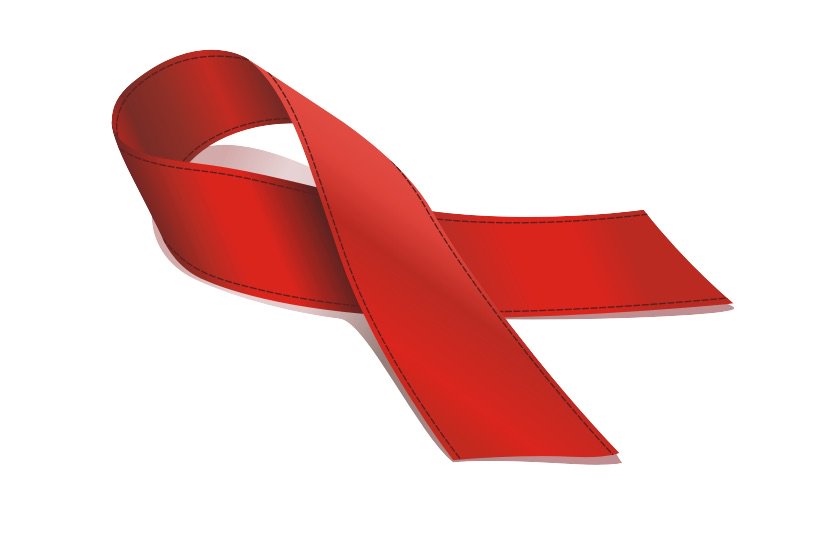‘HIV’s rising – it’s time to rethink our priorities’

 Daniel Costen (pictured), a freelance writer working in public affairs, on what should be done to tackle the rising rates of HIV…
Daniel Costen (pictured), a freelance writer working in public affairs, on what should be done to tackle the rising rates of HIV…
The government’s failure to tackle HIV and other sexual health problems has never been clearer. In an effort to cut expenditure, the government has slashed £200m from the public health budget every year for the next four years and the consequences are already being felt; this year the number of people newly diagnosed with HIV continues to rise.
Illustrating the scale of the problem, Public Health England (PHE), the body charged with protecting and improving the nation’s health and wellbeing, last week published its 2015 report on HIV in the UK. The very first sentence in the report is: “The number of people living with HIV in the UK continues to increase and the number living with undiagnosed HIV remains high.” The figures behind this statement are jarring.
The number of new diagnoses among men who have sex with men (MSM) was 3,360 in 2014 – the highest number ever recorded. For comparison, in 2013 the number was 3,270 and in 2010 it was 2,860. Many will point to the fact that earlier diagnosis and improved treatment mean HIV+ people are living longer and therefore pushing the figures up, but, nevertheless it is still a huge cause for concern.
PHE’s report is not all bad news, however. HIV testing for MSM has increased which explains why the number of people living with undiagnosed HIV has decreased but the number of diagnoses has gone up. This still raises the question, however; when we have never known more about how to protect ourselves against HIV, what can the government and the third sector do to bring these numbers down?
PHE’s report identifies and puts out all the right messages: practice safe sex, regular tests, avoid overlapping sexual relationships and avoid serosorting (unprotected sex with a partner you believe to be of the same HIV status). It also released its report days ahead of this year’s National HIV Testing Week, which started 21 November across Europe).
On the same day the government launched its first nationally available HIV testing kit for those at higher-risk after it was revealed 18,100 people are not aware they have HIV.
Despite these stark statistics and some tentative moves in the right direction, the public health budget is being cut – drastically. The loss of £200m next year alone is expected to particularly impact on smoking, drug and alcohol misuse and of course sexual health.
This therefore begs the question, what should be done? What can be done?
In the private sphere, it is imperative on every person whatever their sexual identity to ensure they protect themselves and their partners appropriately. In the public sphere, schools are notoriously bad at providing sex education, so it falls to others in the community to take the lead.
We all know the government is making cuts to services up and down the country. There is little point in decrying this; quite simply the government is not prepared to spend more money on this issue, and it is pointless to try and convince it otherwise.
This gap in public spending requires an overhaul of public health – led by charities and paid for by businesses’ Corporate Social Responsibility programmes. Large companies – like banks and insurers – must use their CSR budgets to do something substantive.
Instead of, for example, spending thousands upon thousands of pounds supporting the annual Pride spectacles, CSR should be used to support new and sustained campaigns to bring HIV (and other STD) transmission rates down to a level more like what we’d expect to see in 2015.
Last year’s London Pride received just under £310,000 in corporate sponsorship, with Barclays as the headline sponsor. A better use of Barclays’ shareholders’ money would be to work with other groups to finance a public health campaign run by charities. After all, many of the reasons for today’s public spending reductions can be traced back to the actions of the finance industry. This is the perfect way for them to mitigate some of the hurt.
Certain groups, who without a doubt are doing absolutely incredible work in less-than-ideal conditions, almost monopolise this field, which makes it difficult for new ways of thinking and innovative ideas to come through.
The government has failed in its public health work and charities are squeezed more than ever. We need the ideas, the energies and the capabilities of the corporate and private sector to come together and support a renewed campaign to pick up where the government has failed. Otherwise, the seeds of a public health disaster will continue to be sown and a catastrophe inevitable
Words by DANIEL COSTEN
